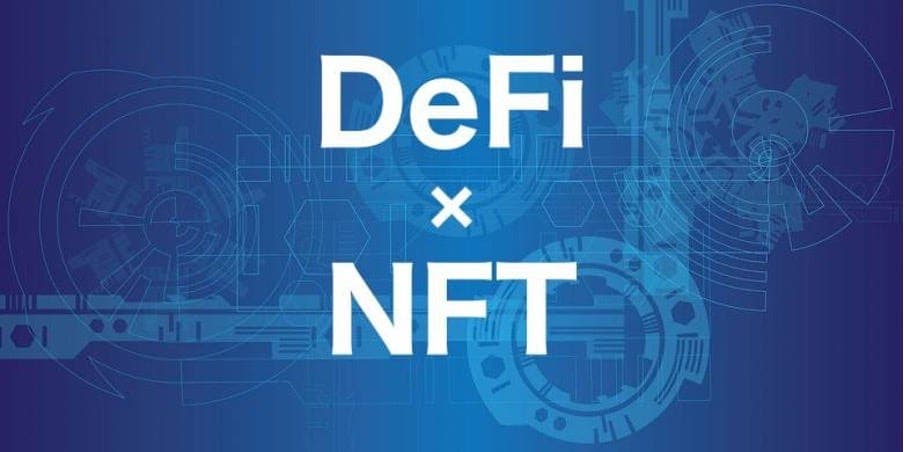The world of cryptocurrencies has expanded beyond mere financial transactions in recent years, encompassing new fields — from art to a decentralized internet. Especially active and influential are the niche communities forming around sectors like DeFi (decentralized finance), NFTs (non-fungible tokens), and Web3 (the new era of the internet). These communities are not just spaces for conversation but true laboratories of the future, where trends are born, ideologies are shaped, and the standards of a new digital world are defined. In Hungary, interest in these topics has grown noticeably, particularly among young professionals and IT entrepreneurs, alongside the popularity of online entertainment, including blockchain games and crypto casinos.
DeFi Communities — A New Kind of Financial Literacy
Decentralized finance is no longer an experiment for enthusiasts. Today, it is a fully-fledged sector offering an alternative to traditional banking. Communities focused on DeFi have become valuable sources of knowledge, especially as Hungarian investors look for new ways to manage their assets. On platforms like Discord and Telegram, thousands of users share experiences daily about using decentralized exchanges, yield farming, and risk management. There, you can also find discussions about specific protocols — such as Aave, Compound, or MakerDAO — with in-depth analyses of their advantages and vulnerabilities. For newcomers, these communities serve as a live school of crypto economics, where learning happens in real time, through practice and feedback.
Hungarian DeFi enthusiasts actively participate in international initiatives, help test new protocols, and even create their own products aimed at the local market. For example, there are emerging DAO initiatives (decentralized autonomous organizations) where capital management decisions are made based on participant voting.
NFTs as a Tool for Culture and Community
NFTs are no longer limited to digital pictures. They are full-fledged tools for building communities, developing brands, and monetizing creativity. For Hungarian artists, musicians, and collectors, NFTs have become a way to enter the international arena without intermediaries. There are dedicated channels on Reddit and Discord where new drops, use cases of NFTs in music, fashion, sports, and even charity are discussed.
One of the most active directions involves NFT projects tied to local culture. In Budapest, for example, there are digital art exhibitions integrated with NFTs, where visitors can not only view the works but also purchase them directly through a wallet. Moreover, NFT communities are becoming crowdfunding platforms: users support artists or startups by buying tokens with rights to future profits or participation in the project’s development.
Discussions Beyond the Ethereum Ecosystem
Although most NFTs are still built on Ethereum, Hungarian communities are actively discussing alternative blockchains — Solana, Tezos, Avalanche — where fees are lower, and throughput is higher. This enables more scalable projects, particularly in gaming, where NFTs are used as in-game items and internal currencies. Each month brings more decentralized gaming platforms discussed in Web3 communities.
Web3 — Not Just a Technology, but a Philosophy
Web3 communities go even further, discussing not only technical aspects but also philosophical questions: What will a decentralized internet look like? Who will own digital identity? How can privacy be ensured without sacrificing functionality? These questions are explored in Twitter Spaces, YouTube channels, podcasts, and thematic forums, many of which are actively translated into Hungarian.
Here we see the formation of an understanding that Web3 is not a single project or startup but an entire ecosystem in which users manage their own data and platforms no longer dictate the rules of the game. Among Hungarian youth, the “build and own” approach is especially popular — where participants are both users and owners of the product. This is evident in the involvement of Hungarian developers in projects where they earn tokens for contributing code, promotion, or design.
Local and International Hubs for Communication
In Hungary, the number of offline events bringing together DeFi, NFT, and Web3 enthusiasts is growing. In Budapest and Debrecen, there are regular meetups, workshops, and hackathons. These are often announced in Telegram channels and on forums like Crypto Hungary or ChainBridge, where one can meet like-minded people and investors. Some of these events become international, attracting guests from Austria, the Czech Republic, and other Central European countries. This proves that niche crypto communities not only thrive online but also create an offline environment — active, self-organized, and openly development-oriented.
What’s Next? A Future Being Created Today
Each of these communities is an entry point into the future, where technology, finance, culture, and identity intertwine in a new digital space. Amid economic changes and the growth of digital entrepreneurship in Hungary, participation in such niche crypto communities is becoming not just a hobby but a strategic choice. These are not merely discussions of the future — they are the places where that future is being built.
